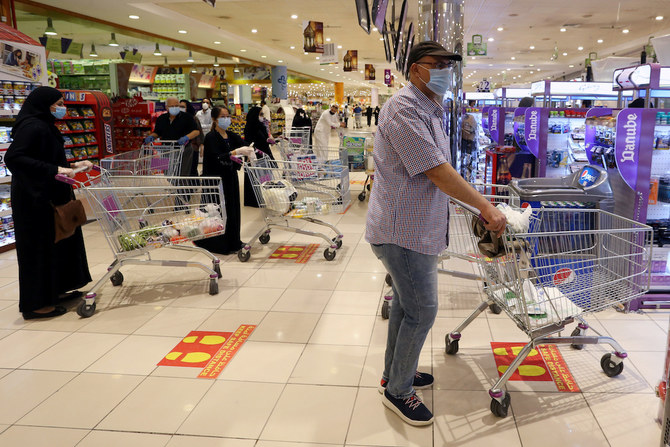
What Australian researchers are calling the first survey on children and the spread of COVID-19 in the classroom is turning heads in Canada.
The preliminary data, which has not yet been peer reviewed, suggests kids in Australia are not so-called “super spreaders” as they’re frequently called by epidemiologists when it comes to influenza.
In fact, the report suggests they’re not very good at spreading the coronavirus at all.
“Contrary to what we thought, in relation to influenza — that they become very large transmitters of the disease in the population — this does not necessarily seem to be the case,” said Quebec’s chief medical officer, Dr. Horacio Arruda, at a news conference last week.
Arruda has been fielding concern and criticism from journalists, teachers and parents worried about sending their kids back to class beginning in Quebec May 11 outside Montreal and May 19 on the island.
“There is still caution to be taken, that’s why we don’t put them all back together, glued on top of each other, and we want distancing, but I don’t think that we put our children in significant risk in connection with COVID-19,” Arruda said.
On Friday, Canada’s chief medical officer, Dr. Theresa Tam, said the federal government is reviewing the data on the same Australian research.

Australian findings
From the beginning of the pandemic, one of COVID-19’s distinct characteristics has been its unusually small impact on the vast majority of children.
In Ontario, only 2.3 per cent of confirmed cases are in children under 19.
Researchers are now trying to understand whether children — known for touching everything and everyone in their environment — remain carriers of the disease. It’s a critical question for decisions on reopening schools.
Kids not ‘super spreaders’
“In pediatrics we are so used to saying children are super spreaders, we absolutely know they are!” said Kristine Macartney, director of Australia’s National Centre for Immunization Research and Surveillance (NCIRS). “But for COVID-19 we don’t see evidence of children being super spreaders.”

Public health officials in the state of New South Wales traced hundreds of close contacts related to the 18 coronavirus cases at 15 schools (nine teachers and nine students) between early March and the end of term in mid-April. Researchers at NCIRS, a government agency, found among the almost 900 close contacts, only two had contracted the disease.
“It does suggest to us that transmission from children is low in contrast to what we see for other viruses like influenza,” said Macartney, a pediatric disease specialist.
She said it’s still not clear exactly why children are not transmitting the virus.
Macartney said the results are only preliminary; she will soon be sending a formal report for peer review.
“But we felt, as did our colleagues, it was important to get the preliminary data into the public domain to be able to inform the policy deliberations in this space,” she said.
‘Exciting’ and ‘reassuring’

“If it can be replicated elsewhere, it’s a very interesting and exciting study showing some reasonably good evidence at this point,” said Dr. Stephen Freedman, a pediatric emergency medicine physician at the Alberta Children’s Hospital.
He said he wants to see the full report to understand how much physical distancing in schools played a role, as well as school cleaning and hygiene. He also wants more information on the significance of the fast turn-around for test results and contact tracing.
Freedman said the Australian research adds further understanding of a key question in the decision over when to open up schools.
“It really demonstrates there’s very little transmission from student to teacher and vice-versa, which is really reassuring,” said Freedman.
Freedman said the low rates, particularly among elementary children, match some of what he’s been finding in the clinical setting.
With a federal grant, Freedman — also a scientist at the University of Calgary and a member of the Alberta Children’s Hospital Research Institute — has launched a global study recruiting children testing positive or negative for COVID-19 through 57 hospitals to assess predictors of severe illness, interventions, and social policies on kids’ outcomes.
Federal government review

The federal government has been reviewing research on transmission among children.
“The Australian study did show very little transmission but I don’t think we should end our studies there, we should keep going,” said Tam, noting that Canada will have its own research opportunity in Quebec once schools open there.
Tam notes, new information could begin to tip the scales when weighing the educational, social, physical and mental health risks for children by not going to school.
- Keeping children out of school might be doing more harm than good, say Quebec pediatricians
“And so you have to actually balance not just the effectiveness of the (physical distancing) measures but also the potential negative impacts,” said Tam on Friday, “So all of this goes into some of the decisions that local authorities are going to be making.”

